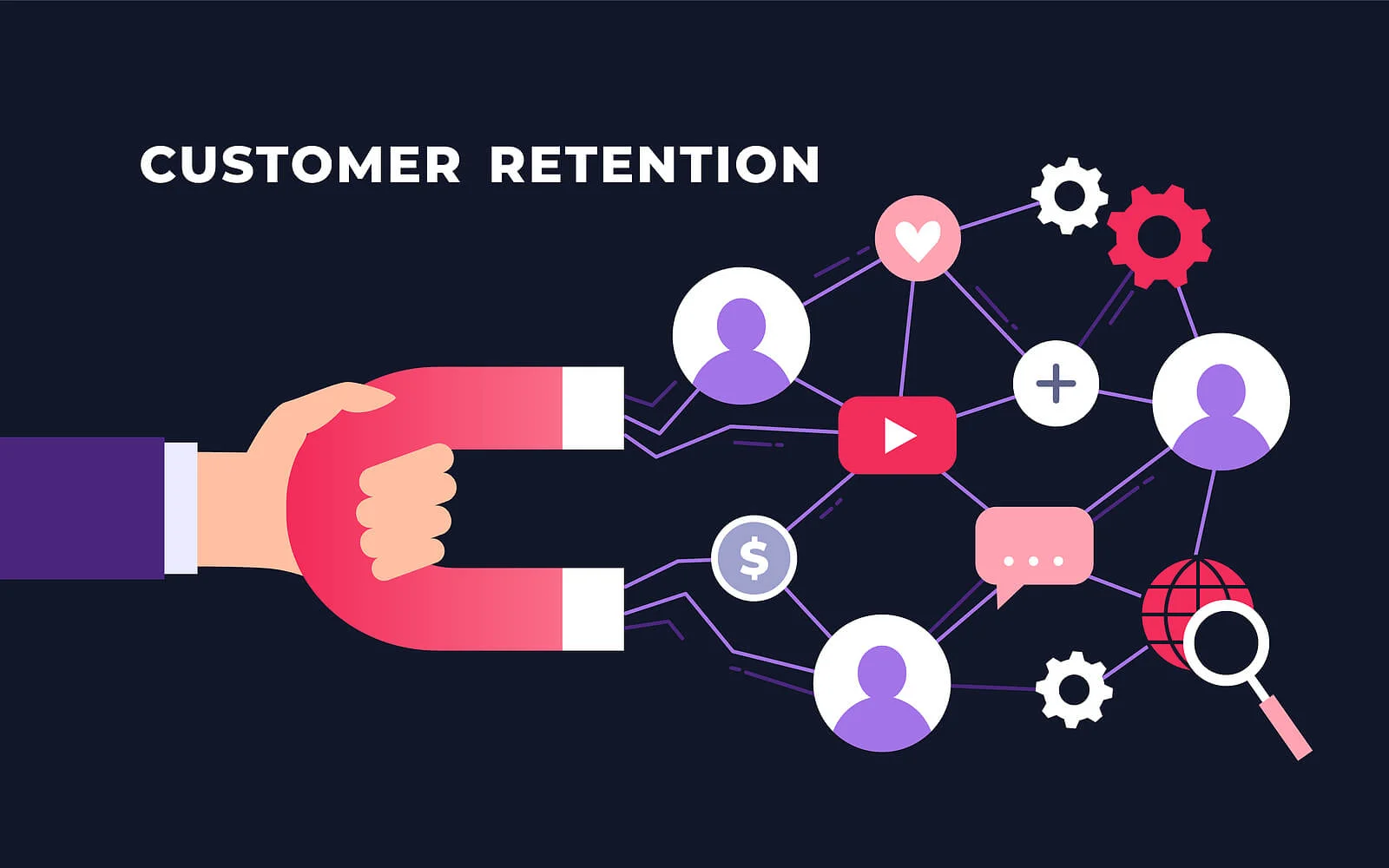The Role of Emotional Intelligence in Customer Support
Customer support doesn’t have the best reputation. It’s often a high-stress job, and service representatives spend most of their time listening to people complain about something. But providing good customer support is vital for businesses that want to keep customers around.
The teams that prioritize emotional intelligence (EI) are better equipped to handle unexpected challenges and crises. In addition to improving their communication skills, they develop strong empathy, self-awareness and internal motivation.
Top customer support reps tend to be those with the highest EI skills.
Empathy
Empathy has become one of the biggest buzzwords in business lately, but it’s still crucial for building trust with your customers. And when you’re working with a team who rarely gets out from behind their computer screens, it can be difficult to build rapport with anyone other than their co-workers.
Empathy gives them an avenue for creating relationships with your customers. Training employees on empathy techniques will help them pick up on non-verbal cues faster and identify how a customer is feeling before they ever say anything.
When you empathize with your customers’ emotions — rather than just trying to placate their anger or frustration — they’ll know that you see them as individuals worthy of respect. Statements like “I’m sorry that you…” show that you hear them and understand what’s going on in their lives or businesses.
Generic statements that sound like they came from a training manual won’t cut it anymore: “I’m sorry you’re having this issue” sounds forced and insincere. Instead, try using the words they used directly in your empathy statement: “That does sound frustrating.”
Self-awareness
Self-awareness is perhaps one of the most valuable skills anyone can have when dealing with an angry customer — or any person who treats others poorly because of unrelated stressors, really.
This skill allows people to recognize how upset someone else is without becoming upset themselves. They can separate their own emotions from someone else’s and then use their professional skills to address the issues that have arisen.
If an employee can’t figure out how to get better at self-awareness on their own, they might benefit from a course or a book about it. But caring adults could also help them cultivate this skill by encouraging them to ask for assistance when they face challenges, rather than giving up or criticizing themselves.
Managers should also celebrate and encourage their team members’ successes while sharing learning experiences — something like Clientbook could be a useful tool for that.
Self-regulation
This skill is pretty closely related to self-awareness; it centers around employees remaining calm in difficult or stressful situations — even when the person they’re speaking with isn’t being very nice.
Any customer support employee can be taught empathy, but some people naturally bring more of it to the table than others do. When you’re hiring for these positions, try using emotional intelligence tests during your interviews so you don’t end up spending too much time training someone who just doesn’t have what it takes.
There are many ways to measure EI in individuals, but Mayer and Salovey built one based on an ability-based model with competencies that can be measured.
Social awareness
Social awareness is similar to empathy; it’s all about understanding your own emotions as well as those of others. This helps people build rapport with customers, avoid conflicts and maintain strong relationships with whoever crosses their path throughout the day.
When people are upset or angry about something unrelated to your business (or anything at all), they tend not to listen very well. So if you want your CS reps to truly make progress toward solving problems, they need to say things in such a way that resonates with different emotional states.
For example: “I’m really sorry you didn’t get what you ordered,” versus “That sounds really frustrating.” The latter statement shows that you’re trying to understand how they feel, and then the conversation can continue along a more solution-oriented path.
Relationship management
EQ is at the core of great customer service. It’s what helps those working in support navigate complex emotions inherent to these interactions and forge connections that go beyond quick exchanges. Customers recognize when an agent truly cares about their problem, and those feelings can last long after a ticket has been closed.
Mindfulness does more than teach support reps to be calm in stressful situations or communicate better with customers (although helping them center themselves is absolutely critical). It also fosters trust between agents so they can lean on one another, learn together, and provide better resolutions for everyone involved. That trust spills over into customer interactions as well.
People from all walks of life reach out for help every day. Agents who can adapt accordingly will build pathways to successful outcomes quicker and more efficiently. This sets support teams up to scale at faster rates, while accommodating various communication styles will help push customers toward potential loyalty traps.
It can be hard to measure EQ, but the good news is it doesn’t have to be an exact science. There are numerous strategies companies can use when rolling out contact centers to identify and prioritize emotional intelligence among their staff members. By ensuring everybody on a team operates with high levels of empathy towards others, businesses will find success not just through happy customers — but happier agents as well.




